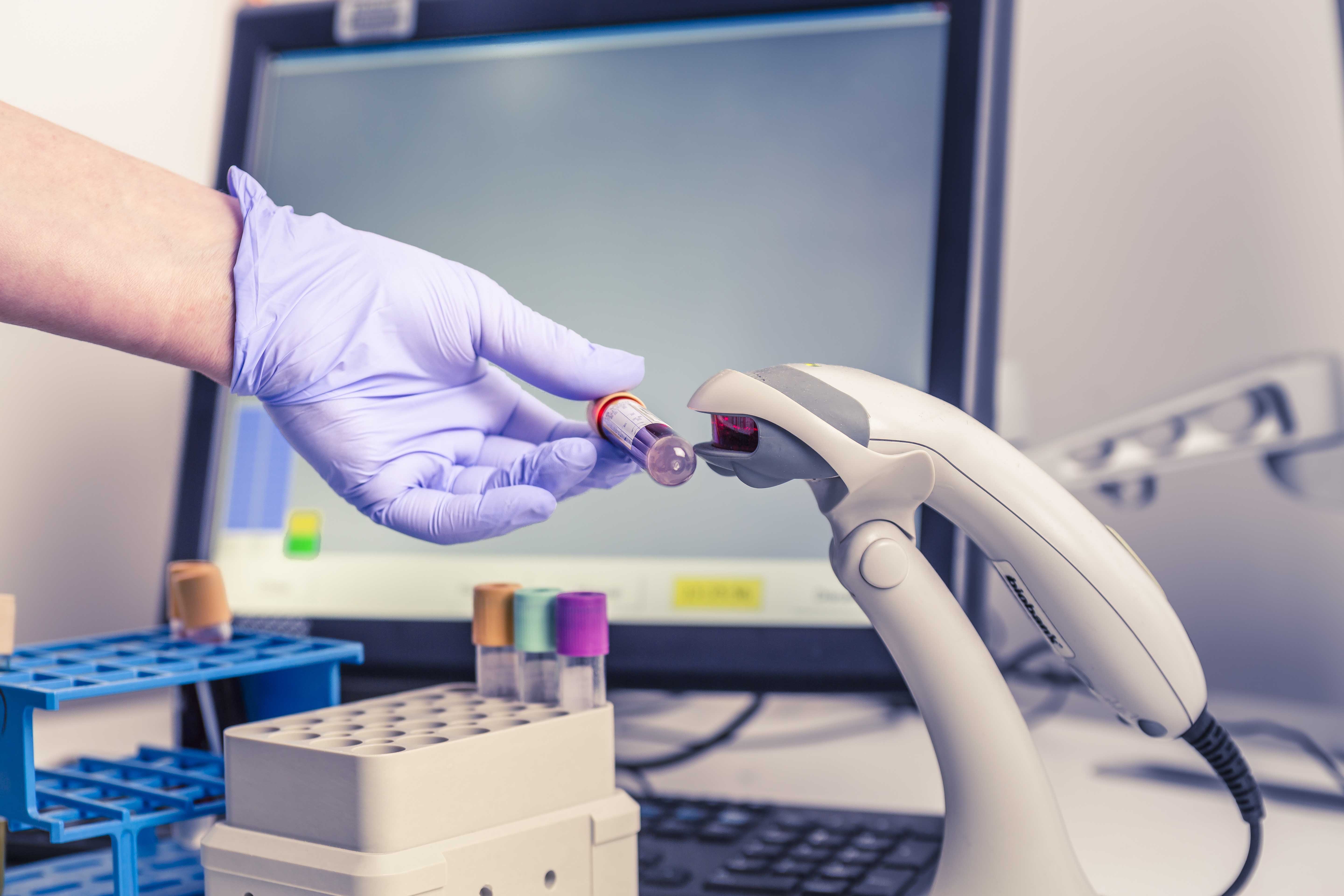Landmark proteomics project receives £20m from Government
Landmark proteomics project receives £20m from Government

Today, [Monday 23 June], the UK Government has released its Industrial Strategy, which includes £20 million for UK Biobank to complete the world’s most significant protein study
In response to this positive news, Professor Naomi Allen, Chief Scientist at UK Biobank, said:
"We’re thrilled to receive government funding to complete our groundbreaking proteomics project looking at the levels of proteins in the blood of all half a million UK Biobank participants. The pilot data alone has helped researchers make great strides towards developing a future blood test for dementia and we’re very excited about what the full project will reveal.
“Unlike our genes, levels of proteins in our blood can change over time, providing a detailed roadmap for research into how disease develops as we age. This funding will enable us to provide data on changes in proteins in individuals over mid-late life, providing – for the first time – a resource that will equip scientists to develop diagnostic tools—not just for dementia, but a whole range of conditions including multiple sclerosis, cancer, Parkinson’s disease and heart disease. These data will also lead to much faster development of new drugs, which will lead to major improvements in public health across the globe."
UK Biobank’s proteomics project was launched in January of this year, with a consortium of industry partners funding the analysis of proteins in initial samples from 250,000 UK Biobank volunteers and 50,000 second samples taken at follow-up assessments.
Now, with the additional funding from Government, proteins will be measured in all half a million UK Biobank participants, as well as 100,000 second samples taken from these volunteers up to 15 years later. These data will be made available to approved researchers around the world.
To learn more about why understanding our proteins is important, and the research that is already being done with this data, read UK Biobank's huge new protein project: why it matters.
